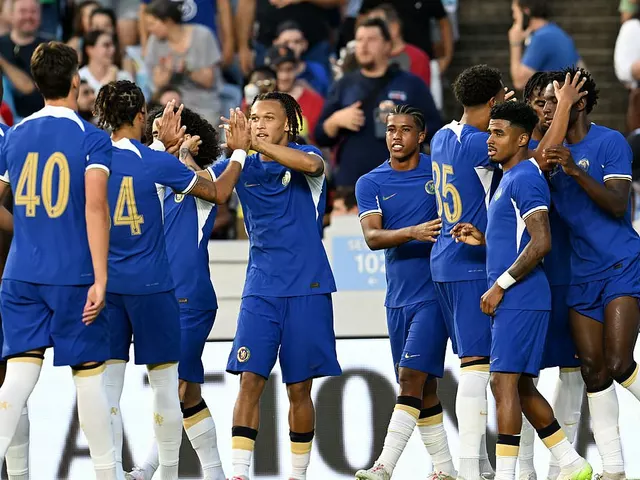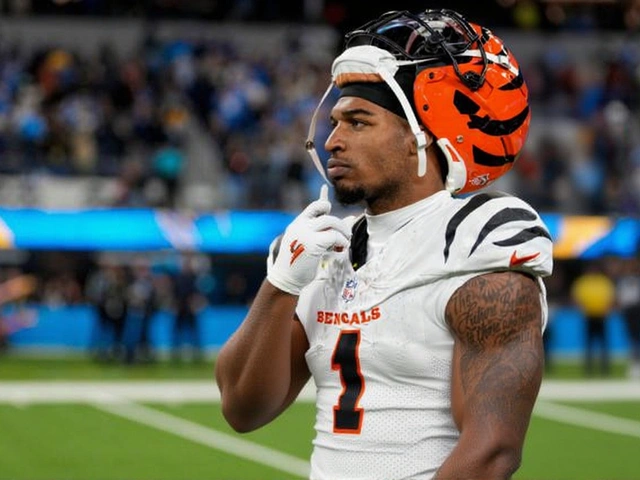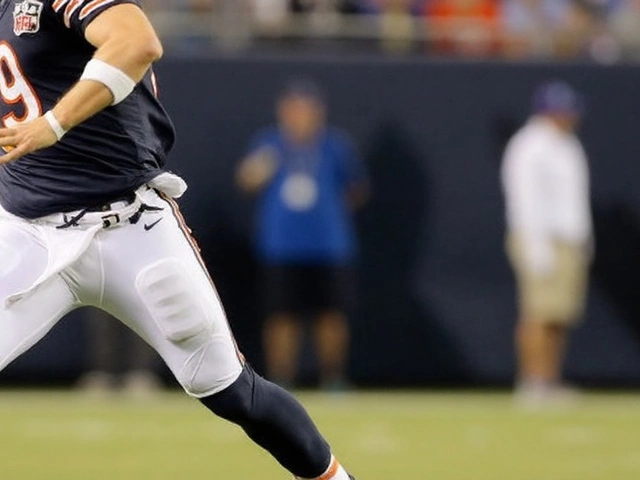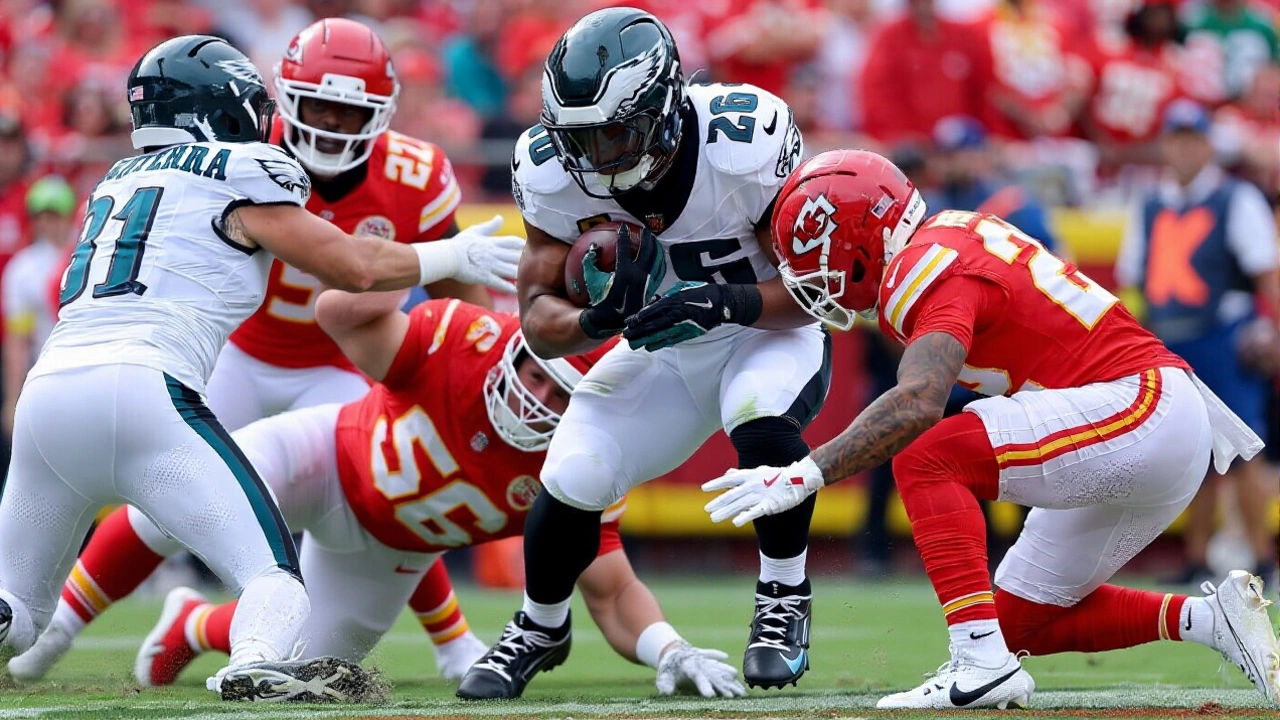
The NFL fines have hit two star players this week, and fans are already buzzing. On October 5, 2024 the league announced that Saquon Barkley, a 27‑year‑old running back for the Philadelphia Eagles, was slapped with a $45,020 penalty for unnecessary roughness. At the same time, Travis Kelce, the 34‑year‑old tight end of the Kansas City Chiefs, incurred a $14,069 fine for "obscene gestures" during his team’s win over the Chargers.
Why the fines matter
The league’s disciplinary office says both penalties follow the 2024 fine schedule, but they also underline a broader push to curb dangerous play and unsportsmanlike conduct. The NFL has been tightening its rules after a spate of high‑profile head‑injury lawsuits and growing concern over chronic traumatic encephalopathy (CTE). In plain English, the message is simple: protect players’ heads, keep the game respectable.
What happened to Saquon Barkley
During the Eagles’ September 29 clash with the Tampa Bay Buccaneers at Raymond James Stadium in Tampa, Florida, Barkley lowered his helmet and struck safety Antoine Winfield Jr. in the first quarter. Officials ruled the hit unnecessary, citing the NFL’s player‑safety protocols that ban helmet‑to‑head contact.
Statistically, Barkley has been a bright spot for Philadelphia, leading the league with 435 rushing yards on 86 carries through week four (5.1 yards per attempt). He signed a three‑year, $37.75 million deal with the Eagles in March 2024 after six seasons with the New York Giants. The fine, exactly $45,020, matches the standard first‑offense penalty for this type of infraction.
What went down with Travis Kelce
In Inglewood, California, the Chiefs faced the Los Angeles Chargers at SoFi Stadium. Midway through the fourth quarter, Kelce was caught on camera making a hand gesture the league described as “obscene.” The exact nature of the gesture wasn’t disclosed, but the fine of $14,069 aligns with the schedule for unsportsmanlike conduct involving gestures.
Kelce, a nine‑time Pro Bowler, hauled in seven catches for 89 yards in the 17‑10 victory. He recently inked a two‑year, $34.25 million extension in April 2024, cementing his status as Kansas City’s veteran leader. While the fine seems modest compared to his salary, it reinforces the league’s zero‑tolerance stance.
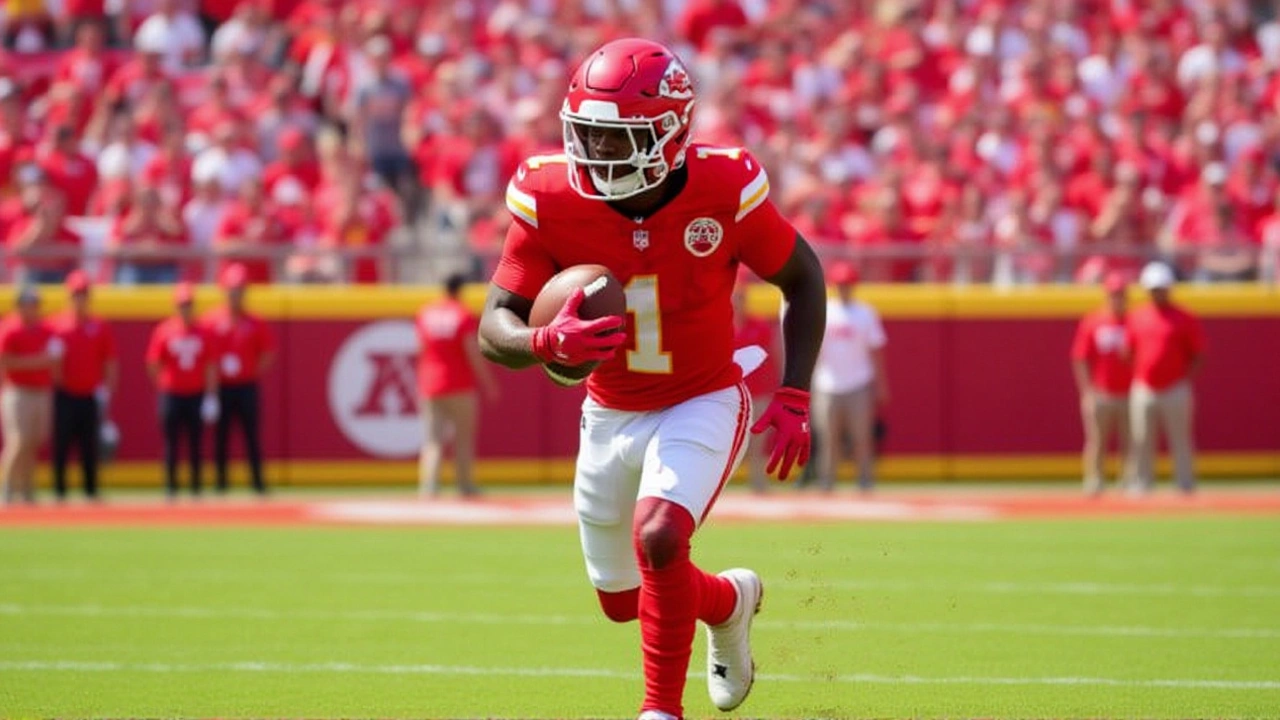
Reactions from the teams and the league
Both franchises issued brief statements. The Eagles’ public‑relations office emphasized that Barkley “takes player safety seriously and will review the footage.” The Chiefs’ media team noted that Kelce “regrets any distraction and remains focused on the team’s goals.” Meanwhile, the NFL reiterated its commitment to a “consistent, transparent disciplinary process.”
Fans on social media have been split. Some argue the fines are overdue, pointing to past instances where similar hits went unpunished. Others feel the penalties are too harsh for isolated incidents, especially when no in‑game ejection occurred.
Appeal process and next steps
Both players have three business days to appeal, as stipulated in the collective bargaining agreement. Appeals are heard by a panel of jointly appointed officers from the league and the NFL Players Association (NFLPA). Should either player contest the fine, the decision could be altered or upheld, but historically only a handful of fines are reduced on appeal.
Looking ahead, the fines could set a precedent for the rest of the season. With the league already eyeing stricter enforcement of helmet rules, any additional infractions may attract even steeper penalties. The next week’s matchups—Eagles vs. Cowboys and Chiefs vs. Raiders—will test whether the message sticks.
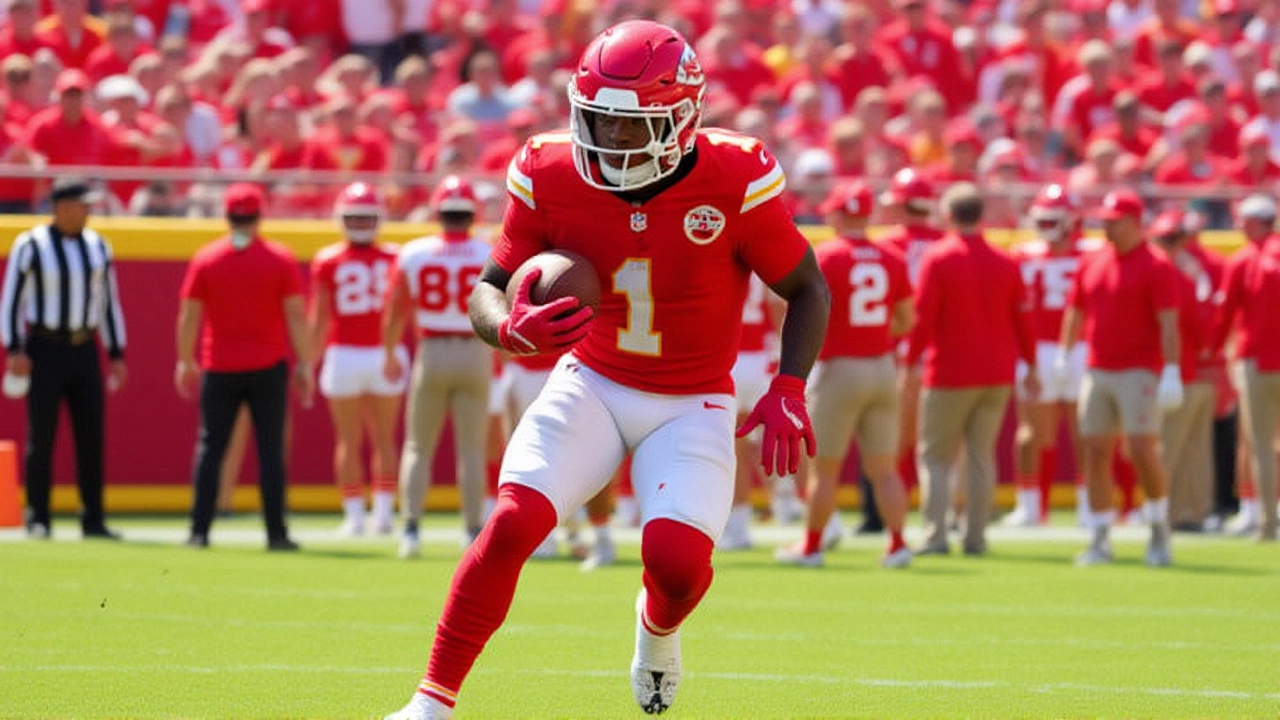
Historical context: player‑safety evolution
Since the 2011 “Concussion Protocol” was introduced, the NFL has gradually increased the monetary cost of dangerous hits. In 2017, the fine for a helmet‑to‑defenseless‑player hit rose to $30,000; by 2024, the baseline for unnecessary roughness sits at $45,020. The league’s emphasis mirrors a broader sports‑industry trend toward safeguarding athletes, a shift driven by medical research and public pressure.
Kelce’s fine, while unrelated to head injuries, reflects the NFL’s parallel push against unsportsmanlike conduct—an effort that began in earnest after a series of high‑profile on‑field tirades in the early 2020s. By treating gestures and hits under the same disciplinary umbrella, the league hopes to maintain a clean, competitive image.
Frequently Asked Questions
How do the fines affect Saquon Barkley’s standing with the Eagles?
The fine doesn’t impact his contract or roster spot, but it does serve as a public reminder that the league will penalize head‑related hits. Barkley is still the team’s lead rusher and will likely remain a key offensive piece.
What could happen if Travis Kelce decides to appeal?
An appeal panel would review the game tape and the gesture’s context. If they deem the fine excessive, it could be reduced or dismissed, but most appeals uphold the original amount unless new evidence emerges.
Why does the NFL fine gestures as well as hits?
Unsportsmanlike conduct can inflame tensions and detract from the game’s integrity. By attaching monetary penalties to obscene gestures, the league aims to discourage behavior that could lead to on‑field altercations or offend viewers.
Are these fines typical for the 2024 season?
Yes. The 2024 fine schedule lists $45,020 for a first‑offense unnecessary‑roughness hit and $14,069 for an obscene‑gesture violation. The amounts align with the collective bargaining agreement and recent precedent.
What does this mean for player safety moving forward?
The league’s swift enforcement signals that it will continue to prioritize head‑safety and conduct standards. Players and coaches are likely to emphasize technique and restraint in practice to avoid costly fines later in the season.
